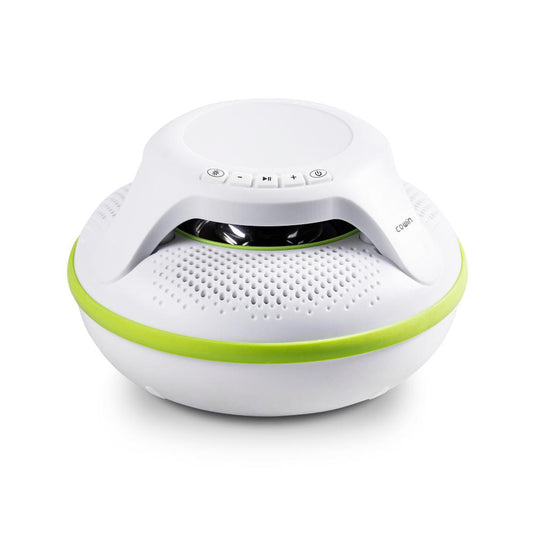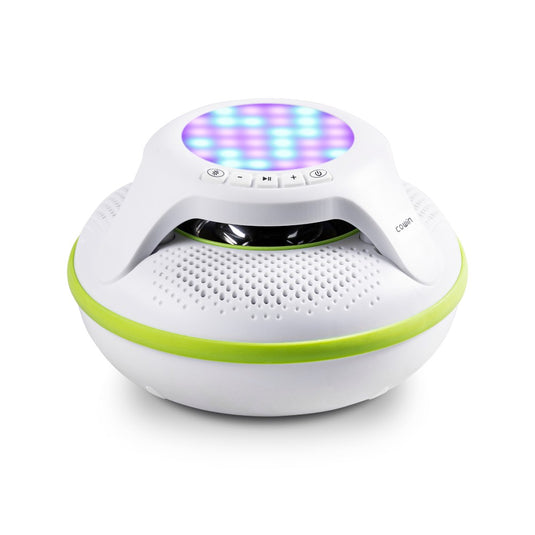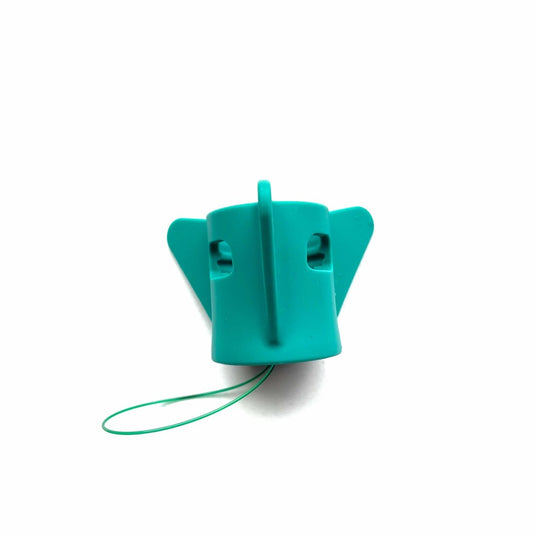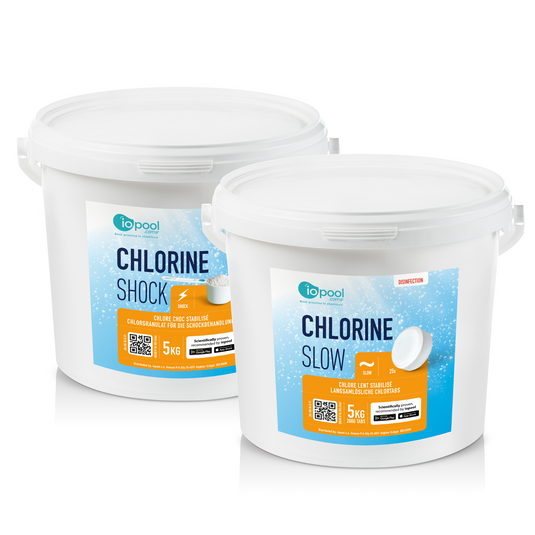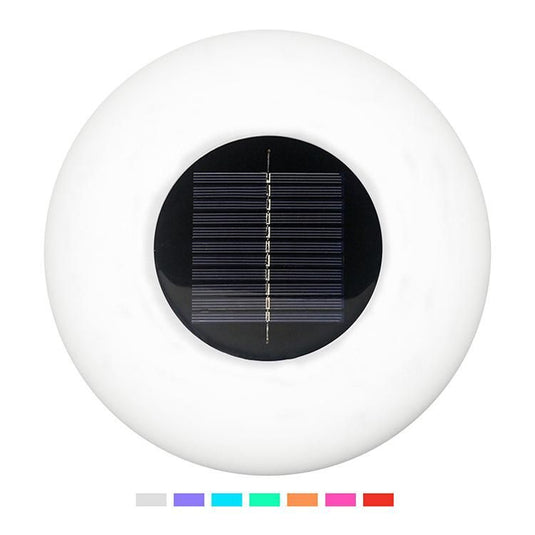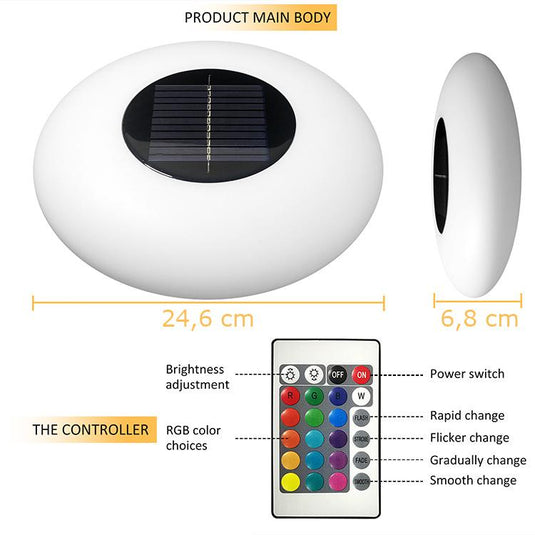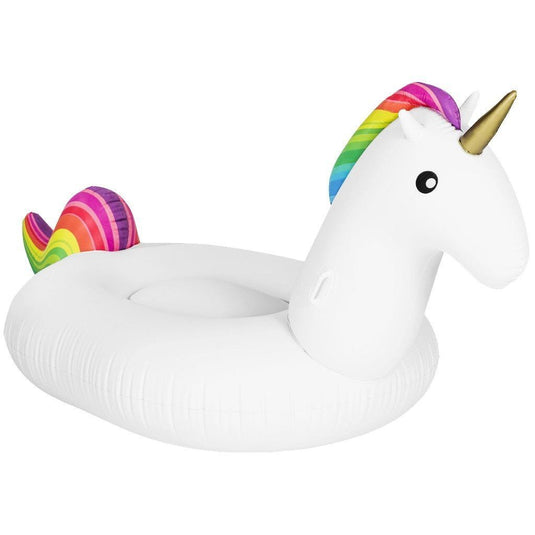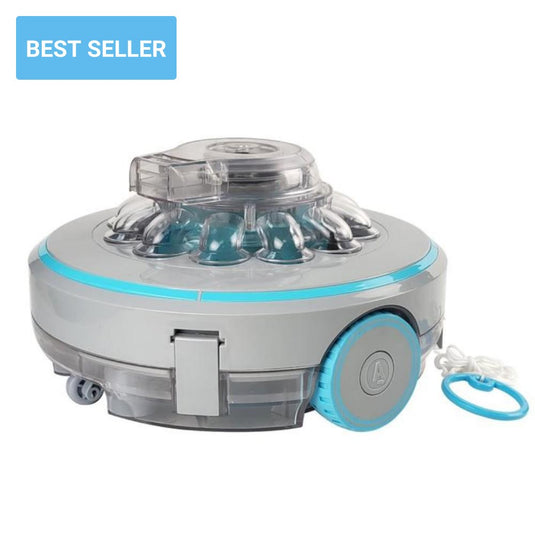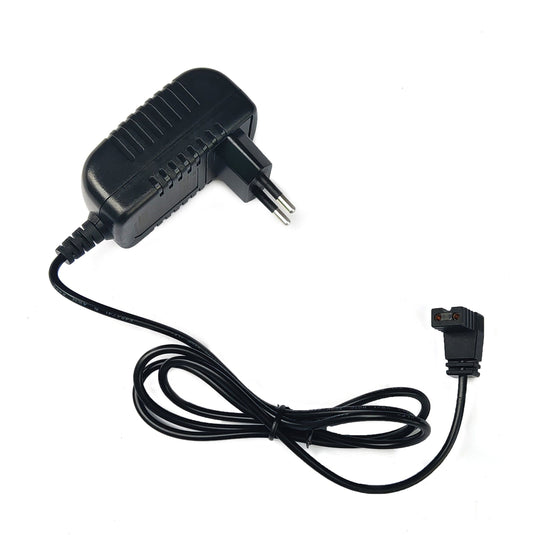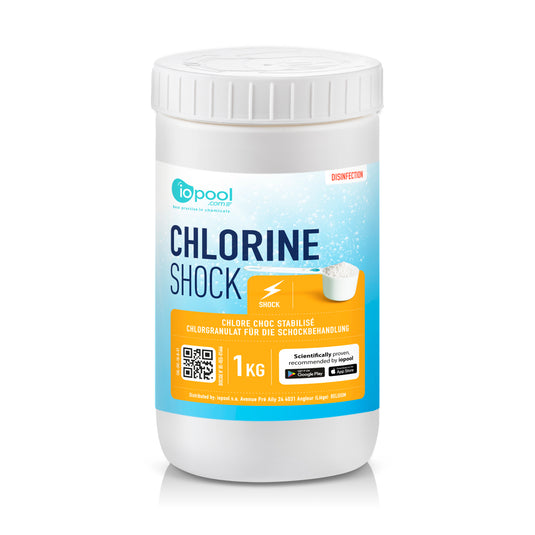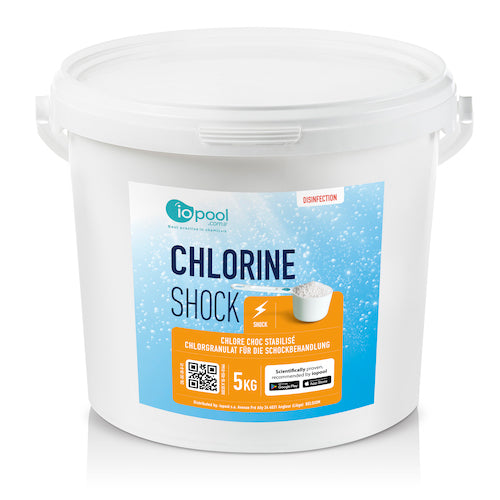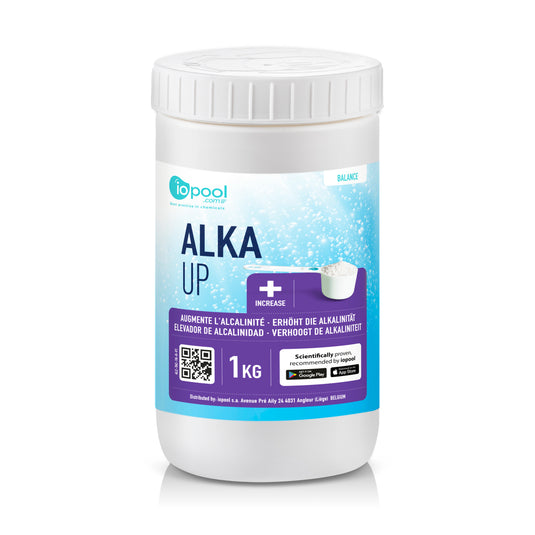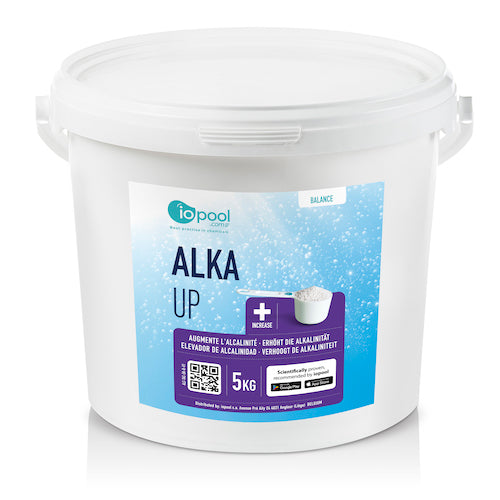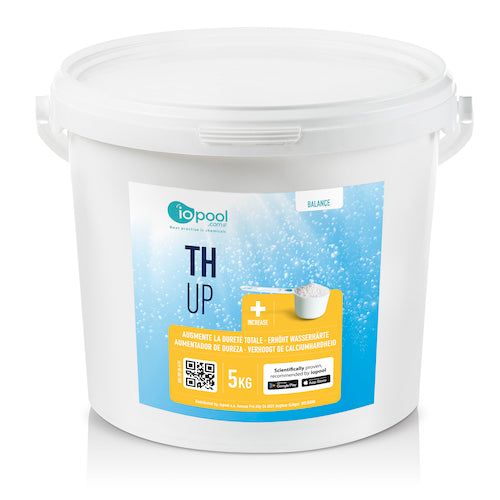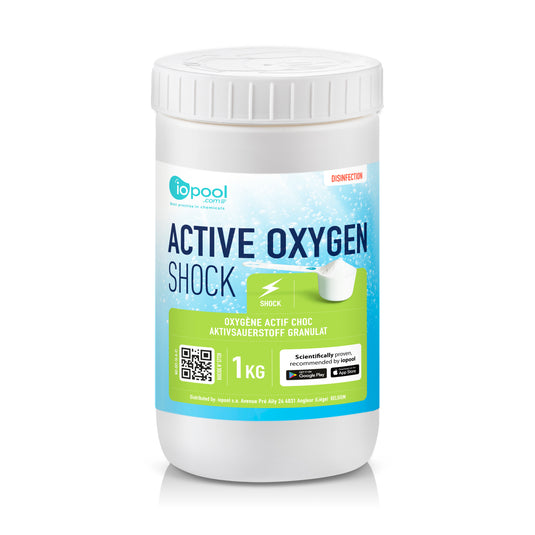How to Choose a Pool Cleaner? The answers here!

Pool ownership comes with many joys. But the fun has to stop somewhere. Pool owners everywhere will agree that keeping the pool clean is hard work. Unless you hire a professional pooler, you'll have to do it yourself. And this involves investing in pool cleaning tools. There are so many methods and vacuums out there, but which is suitable for your pool? How to choose a pool cleaner? To help you out, we've created a comparison guide of five options.
Robotic Cleaners
Robotic pool cleaners are an excellent option for low-maintenance cleaning for above-ground and in-ground pools. They're operated independently of the swimming pool circulation system and don't put an extra workload on their filter.
Compared to the other pool cleaners, a robot is considered the most energy-efficient. They're also self-contained, meaning it houses their own pumps and filters.
Robotic cleaners can grab the tiniest particles from all types of pool surfaces. Some models are even equipped with unique features like remote controls and spot cleaning.
Pros:
- Great for above ground pools that don't have skimmer baskets;
- Self-filtering — you don't have to connect to your pool pump;
- Filter waters, reducing chemical use;
- Easy to use;
- Energy-efficient;
- Cleans corners;
- Circulates the water to keep oxygen flowing.
Cons:
- Filter and pump require cleaning;
- More costly than other cleaners;
- Has limited range;
- Can't remove large debris.
Suction Cleaners
Suction vacuums are one of the more affordable cleaners on this list. In addition, most models are suitable for both in-ground and above-ground pools.
This cleaner connects to your pool's skimmer and moves around the pool surface, scrubbing and cleaning as it moves.
It attaches to the filtration system's water inlet with a hose, and it uses the pump's suction to remove debris. But you will have to clean and backwash your filters often since more dirt will run through the system.
Also, suction cleaners require the pool pump to run during its operation, which can consume a lot of energy.
Pros:
- Low cost;
- Easy to maintain and use;
- Long-lasting;
- A great choice for in-ground pools;
- No maintenance costs;
- Doesn't use electricity.
Cons:
- Set up can be a hassle ;
- The skimmer function is reduced when the cleaner is in use;
- The pump basket can fill up fast.
Pressure Side Cleaners
A pressure vacuum works much like the suction pool cleaner, using your pool's filtration pump to provide suction. But these cleaners have their own bag to collect debris, so it doesn't place any extra work on your filtration system.
However, some models connect to your pool's booster pump line. Booster pump line models have more automatic features and enhance cleaning power.
These pool cleaners don't scrub the pool's surface and contact-type cleaners.
Pros:
- Perfect for pools with high amounts of debris;
- Comes with its own debris bag — doesn't clog the pool's filtration system;
- Lasts a long time.
Cons:
- More expensive than suction cleaners;
- It can be difficult to maintain;
- Some models require additional plumbing.
In-Floor Vacuum System
The in-floor pool cleaner is the most expensive option on this list. In fact, most high-end in-ground swimming pools have in-floor vacuum cleaners.
Jets are constructed at the bottom of the pool and connected to the filtration system.
It uses pop-up heads to remove dirt and debris. These pop-ups are placed around the pool's surface, including benches, steps, and walls.
When you turn on the system, heads pop out of the pool floor, and a booster pump produces a high-pressure whirl of water throughout the pool.
This mechanism moves the dirt and debris towards the pool's main drain. The drain then sucks in the waste.
The pop-up heads work in groups for a faster and more efficient clean. There could be anywhere between 2 to 10 pop-ups in each group.
Pros:
- Low maintenance costs;
- Automatically removed the debris;
- Improves heat distribution;
- Quieter than other pool cleaners.
Cons:
- Very costly — systems range from $5,000 to $10,000 (depending on the size);
- It can't be easily integrated once the pool is installed;
- The whole system shuts down if one pop up head is damaged;
- Doesn't scrub the pool floor — leaving the pool susceptible to algae growth.
Honorable Mention: Brush and Telescope Pole
A good ole brush and the telescopic pole are significantly cheaper than the cleaners on this list.
If your pool has a pretty decent filtration system, it's possible to get your pool clean with a brush and skimmer net. You can reach the deepest ends of the pool and brush off stains and algae.
Not to mention, cleaning your pool the old fashion way provides an awesome upper-body workout. However, it is time-consuming.
Pros:
- Ideal for small pools;
- Good choice for above-ground pools;
- Provides a good physical workout;
- Minimal cost.
Cons:
- Manual cleaning is time-consuming;
- It can be physically taxing;
- May not thoroughly clean your pool.
Which Pool Cleaner is Right For You?
Each pool cleaner comes with its own benefits and drawbacks. The model you choose all boils down to your budget and the type of pool you have.
And if you need a monitoring system for your pool, you should take a look at EcO, our pool monitor.

